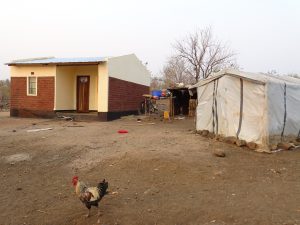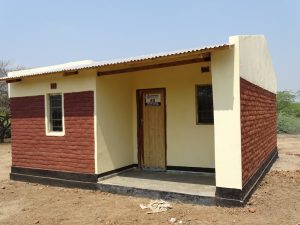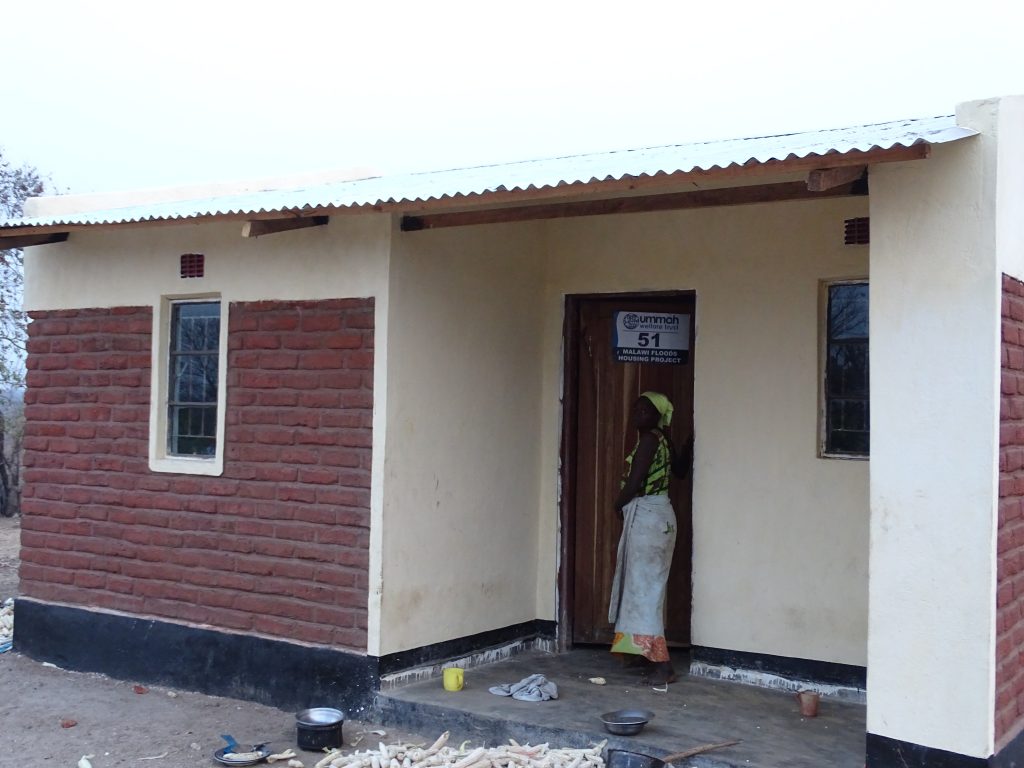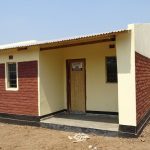Responding to Malawi Floods
With the advent of HIV/AIDS pandemic and the effects of climate change, many women and children have become vulnerable and destitute due to poor living conditions like poor shelter. As HIV/AIDS related deaths claim lives of young and productive age groups, the remaining family members, vulnerable women and elderly in particular, live a miserable life. Children left behind by youthful and upcoming groups, perceived to be breadwinners, are left the responsibility of female and elderly headed families – with limited capacity to provide for accommodation for the children. As if this was not enough, the effect of climate change has also affected women and children due to severe floods that have destroyed their homes, rendering them homeless.

With no good shelter, most elderly women and children are unable to manage the effect of incurable diseases such as AIDS and natural disasters like floods and drought. Challenges come as the affected families cannot provide for their children with basic needs such as food and shelter. Also, having a woman with housing problems can mean many problems for the whole family, the most difficult being both parents’/guardians’ unavailability to work to earn much needed money for the family to survive. Shelter is beyond the means and dreams of most families in Malawi and the government does not provide them even in times of severe need.
Shelter is beyond the means and dreams of most families in Malawi and the government does not provide them even in times of severe need.
While most people are recovering from the natural disaster of floods and drought, the recovery process is only feasible among the energetic groups, leaving out single and elderly women still struggling.
Mai Aisha Trust was compelled with this background to approach Ummah Welfare Trust to help with the construction of 52 homes for people who were affected by the 2015 floods in Nsanje district. Professional estimates show that construction of an affordable house with two bedrooms costs £1,000


